Failure School: All the Things You Never Learned
I just googled the definition of “failure.” Here’s the most comprehensive and concise meaning I found: “The omission of expected or required action.” Sounds pretty benign, right? So matter of fact?
The brand of fear I’ve experienced along the way as it pertains to failure has been a far cry from this bland “omission” situation. Quite the contrary, it’s been a crippling and immobilizing force that has stunted growth, joy, and relationships. In fact, I imagine you’ve bought into a similar lie at some point along: “My worth and value are a direct result of my level of success.” I’ve heard the record spin round and round in my office. I’ve seen its death grip on friends and family alike. As a culture, we are terrified of failure.
I’m fascinated by this unruly expectation we place on ourselves to avoid failure. After all, WD-40, bubble wrap, and pacemakers are all inventions conceived through “failure.” I’m fairly certain those guys are not still sulking over why their original ideas didn’t pan out the way they’d hoped. No, they all own islands, strange looking outfits, and private jets.
In light of this, I want to pepper your thoughts with some key insights that have made a lynchpin shift I in my understanding and approach to failure.
1) Expectation is a set-up
The operative word in the above definition is “expect” not “omission” as it pertains to our study here. Why? Well, simply put, because it’s the subjective that we tend to personalize, not theobjective facts. If we could see failure through the lens of objective curiosity as opposed to an extension of who we are, we would be able to live out of a much softer narrative. For example, “I either deliver or I don’t, and my life’s worth and value aren’t tied up in that slice of history.” Now that’s freedom from the fall!
We’re so tightly wound and attached to the narrow expectation of who we should be and how we should perform that we lose sight of the incredibly vast and curious horizons that result in a deviation.
2) Resilience matters more than outcome
I’ve bombed so many performances it might lead you to wonder if I had a screw loose as I continued pursuing music early on. For some ungodly reason, I kept going even though it felt like cruel and unusual self-harm. Strangely, no one ever told me I sucked or bombed it or that I should definitely not quit my day job. I only received encouragement and kindness. I realize, we are in the South, yet I’m a pretty good read, and they seemed genuine. Building those resilience muscles eventually led to lots of bigger opportunities.
Have you ever watched a toddler on the cusp of walking? First of all, it’s high and hilarious art. Also, the ONLY way their tiny muscles are made stronger is by falling and getting up—over and over and over again. And we “ooh” and “ahh” and gawk like grown chimpanzees about to be fed at the circus in response. Go figure. Instead of asking the paralyzing question, “How can I avoid failure?”, we need to ask, “How can I better practice resilience?”
3) The real fear is the feeling
So why is it so terrifying to fail? I believe it’s because we are afraid of the way we will treat ourselves on the other side. We’re really afraid to feel our feelings of disappointment, embarrassment, and shame. However, these are all valid emotions we will absolutely rub up against along the way! Wouldn’t it be better to learn to relate to them a bit differently?
Like the poem says, nearly every shred of our fears live in the stories we make up about them, our imagination. Our fears are rarely tethered to reality, yet we drive the shame ship around as a result. We’re typically our own worst enemy, not the failures we experience.
Sure, the outcome is humbling at first, but by elevating our belief about failure, we construct a new brain pathway or go-to storyline that facilitates self-compassion instead of self-flagellation.
We don’t evolve by playing it safe in a mole hole, but by staying present at the crossroads of failure and opportunity.
4) There are two kinds of failure
Before you go poking holes in my sunshine, I’ll clarify an exception to the rule. There are two types of failure, and I'm referring to failure as something necessary for growth and success.
There is all-in failure and half-ass failure. All-in failure is when we’ve shown up, given our all, and fully engaged in the pursuit at hand, yet for whatever reason didn’t quite make the cut. The passion and effort are there, but the outcome is not—not yet anyway.
Half-ass failure, as you might imagine, is missing the mark without giving it a fighting, bleeding-heart chance. We’ve all been there, yet it’s not a helpful pattern as it ultimately becomes a self-fulling prophecy. Oftentimes, this is simply a good indicator that we may not really want what we’re limping for and a redirect is necessary.
I’ll be coming in hot this Thursday with a very interesting practical tool for you. Be looking for that as you won’t want to miss it. For now, I leave you with the words of the man who’s been quoted as many times as Oprah. He’s a mixed bag of courage, success, excess, bull-headed stubbornness, and legend all in one. He’s also a man very acquainted with failure. His stories and words have a vibrant life of their own, well after his last breath.
“Success is not final. Failure is not fatal. It is the courage to continue that counts.
- Winston Churchill
Love & Gratitude,
Katie
xoxo
#failforward, #designyourlife, #winstonchurchill, #resilience, #couragetofall

